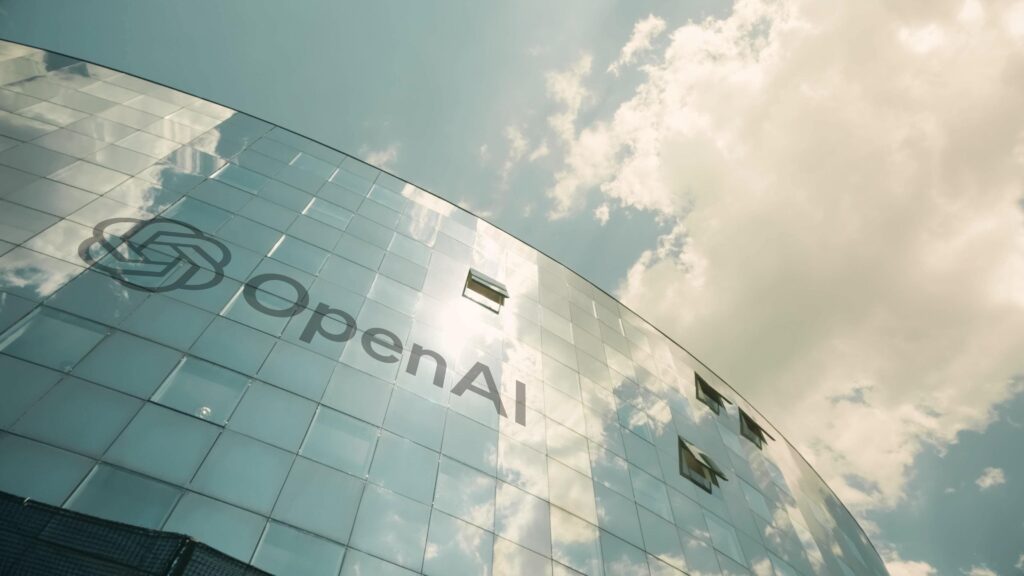OpenAI has officially completed its transition into a for-profit company. The change is designed to attract billions in investment and could open the door to a future stock market listing.
Microsoft reworks its deep ties with OpenAI
As part of the transformation, OpenAI and Microsoft have revised their long-standing partnership. Microsoft now holds a 27% stake in the ChatGPT developer. The updated agreement marks a new phase in a relationship that began in 2019, when OpenAI still operated as a non-profit AI research group.
Under the revised deal, Microsoft can now pursue artificial general intelligence (AGI) independently or with other collaborators. AGI is often described as intelligence that exceeds human capabilities. OpenAI said it will set up an expert panel to verify any claim that the company has achieved AGI.
When asked for more details, OpenAI declined to say who would serve on the panel.
Altman remains without equity as Microsoft gains ground
Microsoft will continue to assist OpenAI’s board during its shift to a profit-based structure. The company confirmed that CEO Sam Altman will not hold an equity stake, a detail first reported by Bloomberg.
In their original agreement, Microsoft gained access to much of OpenAI’s work when the startup relied on Microsoft’s cloud computing power. Since then, OpenAI has signed new partnerships with other major tech firms, sparking debate about whether the AI sector is in a bubble.
The renewed deal extends Microsoft’s rights to OpenAI’s AI models through 2032 but excludes consumer hardware.
After the announcement, Microsoft’s market value rose above $4 trillion for the second time. The company first reached that milestone in July, joining Nvidia as one of only two public firms to achieve it.
OpenAI’s rapid expansion and influence
OpenAI brought artificial intelligence to the mainstream in 2022 with the launch of ChatGPT. The tool quickly reshaped how millions interact with technology.
At OpenAI’s DevDay event in San Francisco this month, Sam Altman revealed that ChatGPT now has 800 million weekly active users. The company, valued at $500 billion, continues to launch new products designed to strengthen its global reach.
Its AI-powered browser, ChatGPT Atlas, competes directly with Google Chrome. Another tool, Sora, generates realistic videos from text descriptions.
Controversies shadow OpenAI’s achievements
Despite its growth, OpenAI continues to face criticism. Last week, the company blocked Sora 2 from creating deepfake videos of Dr. Martin Luther King Jr. after his family intervened.
It also announced that verified adults will soon be able to access erotica on ChatGPT, a move that triggered heated debate.
Critics say OpenAI underestimates the mental health effects of its technology. They accuse the firm of prioritizing profit over safety and transparency.
Still, OpenAI’s shift to a for-profit model represents a landmark moment for the tech industry — one that signals both opportunity and risk in the race to dominate the future of artificial intelligence.

